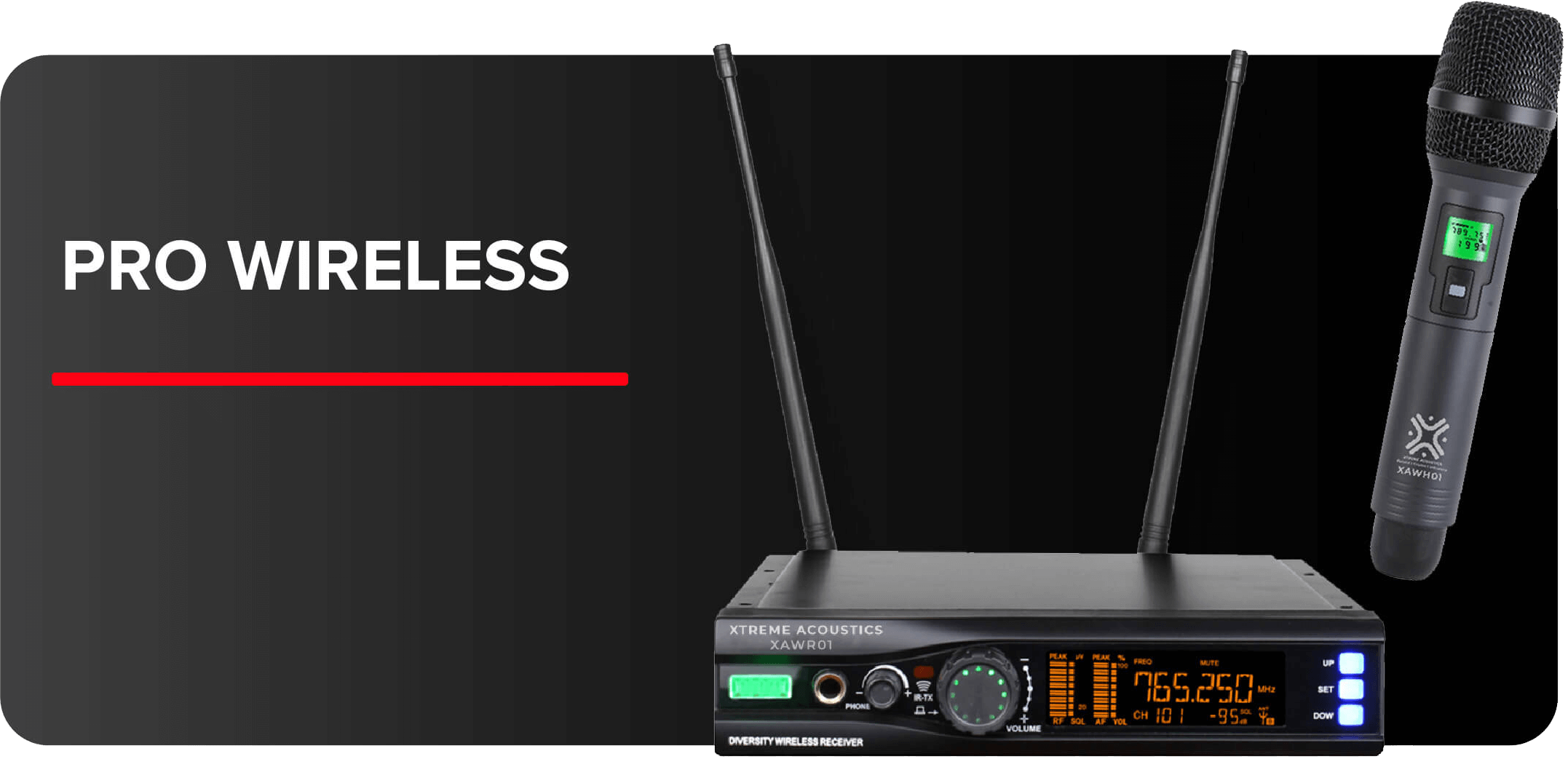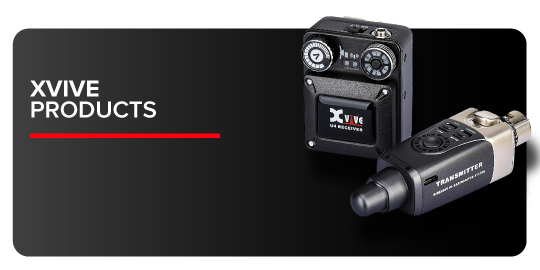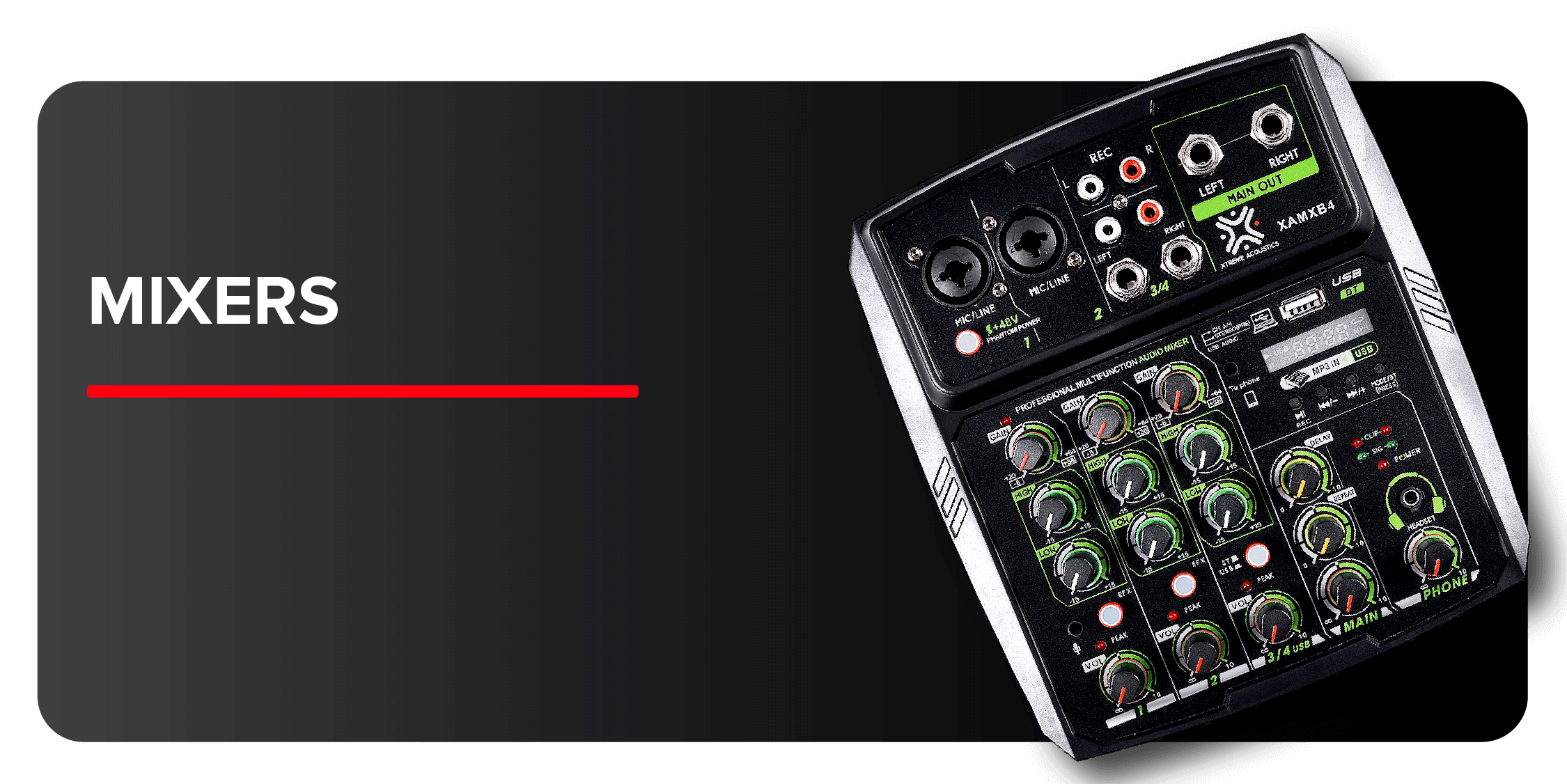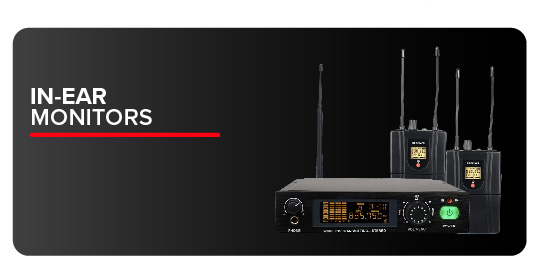How the Best Online Casinos Ensure Fair Play
Online gambling has gained significant popularity, and for good reason. But, with this rise in interest comes the critical need for fairness in gameplay. The best online casinos ensure fair play through a combination of transparent gaming practices, certified random number generators (RNGs), strict regulation, and advanced encryption methods. This article delves into these key areas, providing insight into how these platforms maintain integrity and trust among their players.
The Role of Licensing and Regulation
One of the primary ways top online casinos ensure fair play is by operating under strict licenses granted by reputable gaming authorities. These regulations hold casinos to high standards, offering protection to players and ensuring operational fairness. Key aspects of these regulations include:
- Regular Audits: Independent auditors evaluate the fairness of games and ensure compliance with industry standards.
- Player Protection: Regulations often include measures for responsible gambling, such as deposit limits and self-exclusion options.
- Dispute Resolution: Licensed casinos must provide clear channels for players to report grievances, ensuring disputes are handled fairly.
- Transparency Requirements: Casinos are often required to disclose information about game odds and payout percentages.
By adhering to these standards, licensed online casinos not only demonstrate their commitment to fair play but also foster player trust, which is crucial for long-term success.
The Importance of Random Number Generators
Random Number Generators (RNGs) are essential for ensuring that game outcomes are random and fair. They are the backbone of most online casino games, like blackjack, poker, and slots. Here’s how RNGs contribute to fair play:
- Unpredictability: RNGs generate outcomes that are entirely unpredictable, meaning no player can manipulate results.
- Fair Odds: Each game round is independent, ensuring that players have equal chances of winning every time they play.
- Regular Testing: Reputable casinos frequently have their RNG software tested by third-party audits to validate fairness.
- Certification: Only RNGs that pass rigorous testing receive certifications from regulatory bodies, indicating that they meet industry standards.
In summary, RNGs ensure that players enjoy a fair gaming experience, free from biases or tampering.
Transparency in Operations
Another cornerstone of fair play in online casinos is transparency regarding game rules, payout rates, and auditing processes. Casinos that uphold high standards usually engage their players with:
- Clear Game Descriptions: Detailed explanations of how each game works and its rules are readily available.
- Payout Percentages: Honest disclosure of Return to Player (RTP) percentages indicates how much money is returned to players over time.
- Access to Game Statistics: Players should have access to statistics and reports that showcase game performance and payout histories.
Such transparency ensures players are well-informed, further building trust and confidence in the casino’s operations best online casino canada real money.
Advanced Security Measures
Security is vital in maintaining fair play, especially in the online environment where personal and financial information is at stake. The best online casinos employ various security measures to protect their players:
- Data Encryption: Advanced encryption methods like SSL protect sensitive data from hackers.
- Secure Payment Systems: Trusted payment methods ensure safe transactions and withdrawals.
- Two-Factor Authentication: Implementing 2FA helps protect users’ accounts from unauthorized access.
- Regular Security Audits: Ongoing reviews of security systems to identify and rectify potential vulnerabilities.
By prioritizing security, online casinos not only safeguard player information but also ensure a fair and trustworthy gaming experience.
Conclusion
Fair play in online casinos is non-negotiable for building trust and ensuring a positive gaming experience. The best online casinos achieve this by leveraging strict licensing regulations, ensuring randomness through certified RNGs, maintaining transparency in their operations, and employing robust security measures. As players become increasingly aware of these factors, it is vital for online casinos to continue committing to fair practices to not only click the mouse but also build long-term loyalty.
Frequently Asked Questions (FAQs)
1. How can I verify if an online casino is licensed and regulated?
Check the casino’s website for licensing information, often found at the bottom of the homepage. You can also visit the regulatory authority’s website for verification.
2. What is the importance of the Return to Player (RTP) percentage?
The RTP percentage indicates the expected return on bets over time. Casinos with higher RTPs generally offer better odds for players in the long run.
3. Are RNG games truly random?
Yes, certified RNGs used by reputable casinos are independently tested to ensure they provide completely random outcomes.
4. How do casinos protect my personal information?
Online casinos use advanced encryption technologies and secure payment methods to protect your personal and financial data from unauthorized access.
5. What should I do if I have a dispute with an online casino?
Document all interactions and reach out to the casino’s customer support. If unresolved, you can contact the governing regulatory body for assistance.


















